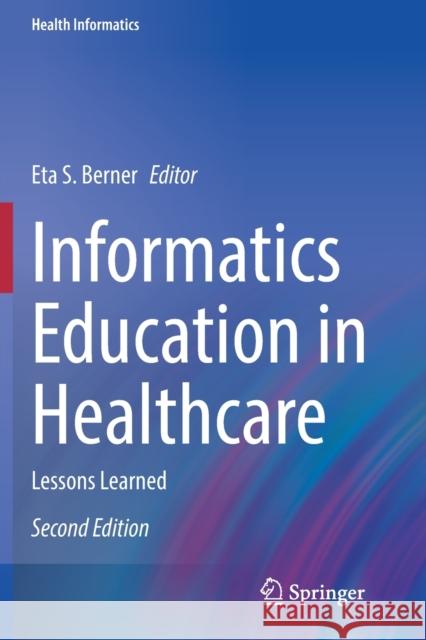Informatics Education in Healthcare: Lessons Learned » książka
topmenu
Informatics Education in Healthcare: Lessons Learned
ISBN-13: 9783030538156 / Angielski / Miękka / 2021 / 332 str.
Informatics Education in Healthcare: Lessons Learned
ISBN-13: 9783030538156 / Angielski / Miękka / 2021 / 332 str.
cena 201,24
(netto: 191,66 VAT: 5%)
Najniższa cena z 30 dni: 192,74
(netto: 191,66 VAT: 5%)
Najniższa cena z 30 dni: 192,74
Termin realizacji zamówienia:
ok. 22 dni roboczych.
ok. 22 dni roboczych.
Darmowa dostawa!
Kategorie BISAC:
Wydawca:
Springer
Język:
Angielski
ISBN-13:
9783030538156
Rok wydania:
2021
Ilość stron:
332
Waga:
0.46 kg
Wymiary:
23.39 x 15.6 x 1.75
Oprawa:
Miękka
Wolumenów:
01
Dodatkowe informacje:
Wydanie ilustrowane











